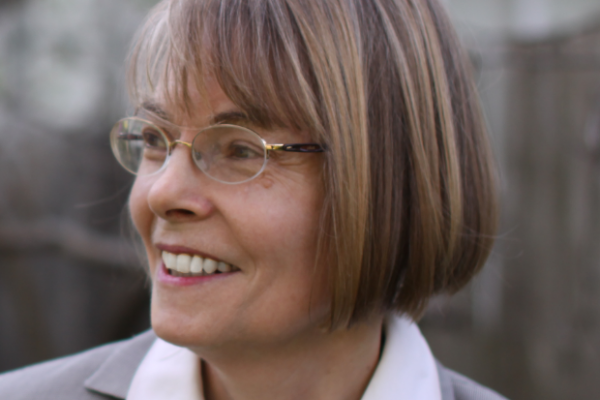
The Premodernist Workshop at OSU is pleased to host a conversation with Professor Michael Nylan (UC-Berkley) about research methodology at the intersection of Classics and History.
Professor Nylan is a prolific, creative scholar and writer. She has published widely on ancient China and engaged in rigorously comparative and interdisciplinary work. At this workshop, we invite Prof. Nylan to speak about her latest collaborative work entitled The Four Fathers of History, East and West (with Suzanne Said, Sorbonne, Columbia), discuss excerpts of the manuscript, and reflect on concerns and excitements in premodern studies with us. Below is the main agenda of The Four Fathers that Prof. Nylan has shared with us:
"This book will be the first in-depth comparison of the four historians widely regarded as the founders of the Western and Chinese historiographical traditions: Herodotus and Thucydides, both writing in classical Greek in the fifth century BCE, and Sima Qian (d. ca. 82 BCE) and Ban Gu (d. 92 CE), writing in classical Chinese at the ruling courts of Western and Eastern Han two centuries apart. Each of our historians presumes (and three explicitly state the belief) that his ‘history’ constitutes a kind of reality-based inquiry that will be of great use to present and future leaders, and should be transmitted for many purposes.”
Bio: Michael Nylan (Ph.D. '83) began her teaching career at Bryn Mawr College, in the History Department, with an affiliation with the Growth and Structure of Cities program and Political Science. There she began to learn political philosophy from Steven Salkever, an Aristotle expert.
After more than a decade at Bryn Mawr, where she founded and led the major in East Asian Studies, in 2001 she moved on to the UC-Berkeley History Department, to work with graduate students in the company of one of the oldest and most distinguished of faculties of Chinese history. Now she writes in three main academic disciplines: the history of early China (roughly 300 BC-AD 300), early Chinese philosophy, and the art and archaeology of China. She has an abiding interest in the use and abuse of history in the modern period, as well as in the politics of the common good, the "logics of legitimacy" inscribed in the implied social contracts forged at different times and places between the rulers and ruled at different times and places. She began research on pleasure theory in early China some eighteen years ago, and because no one was writing on the topic at the time, she took her time with the project, to better understand the precise valences of the vocabulary and tropes the Chinese used to communicate their thoughts in a culture alive to pleasure. She brings what she has learned to her teaching, research, and service efforts, to current projects near to completion: a reconstruction of a Han-era Documents classic, writing a general-interest study on the "Four Fathers of History," and compiling a study of the politics of the common good in early China.
Free and Open to the Public
This History Department Premodernist Workshop is co-sponsored by the Institute for Chinese Studies. The Institute for Chinese Studies Lecture Series is supported by a U.S. Department of Education Title VI grant to The Ohio State University East Asian Studies Center.
